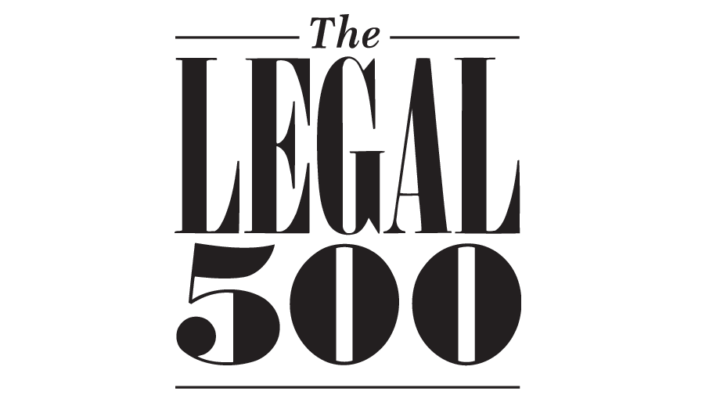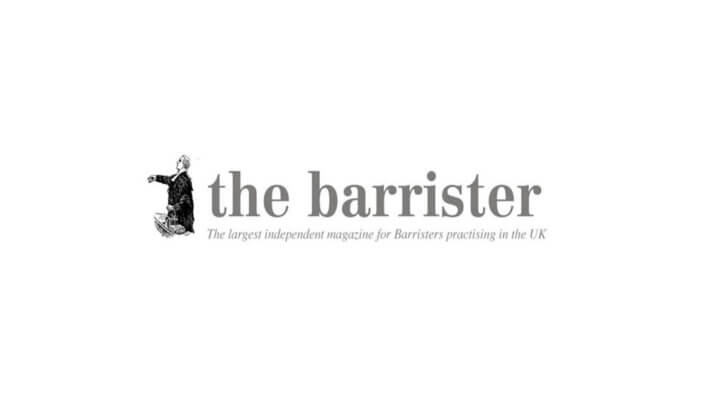FCA criminal and civil proceedings discontinued against BCL client, Konstantinos (Costis) Papadimitrakopoulos
BCL are pleased to have represented Mr Papadimitrakopoulos in this long-running case brought by the FCA for alleged market abuse in connection with the affairs of Globo PLC. In 2022, following submissions made by BCL on behalf of Mr Papadimitrakopoulos, the High Court found that the conduct of the FCA in the context of its civil claim represented an abuse of process.
Following representations from BCL, the FCA’s criminal investigation was discontinued in February of this year and in March the civil claim was discontinued with no order as to costs.
The team representing Mr Papadimitrakopoulos included Shaul Brazil, Harry Travers and Andrew Watson, instructing Graham Brodie KC of 33 Chancery Lane and Richard Power of Fountain Court Chambers. We also wish to recognise the contribution to this case made by former BCL senior associate, Hannah Raphael, who led Mr Papadimitrakopoulos’ defence for many years.
“Statement on behalf of Mr Konstantinos Papadimitrakopoulos regarding FCA investigation into the affairs of Globo PLC.
Mr Papadimitrakopoulos is pleased that after eight years this matter has finally been resolved with his position vindicated. In 2021, Mr Papadimitrakopoulos was acquitted by the Greek courts on charges substantially similar to the offences the FCA were prosecuting; and in 2022, the High Court found that the conduct of the FCA in the context of a civil claim it had commenced in England represented an abuse of the process of the court. In the circumstances, it was appropriate that the FCA should decide to discontinue both its criminal investigation and its civil claim.
BCL Solicitors LLP, solicitors for Mr Papadimitrakopoulos.”













